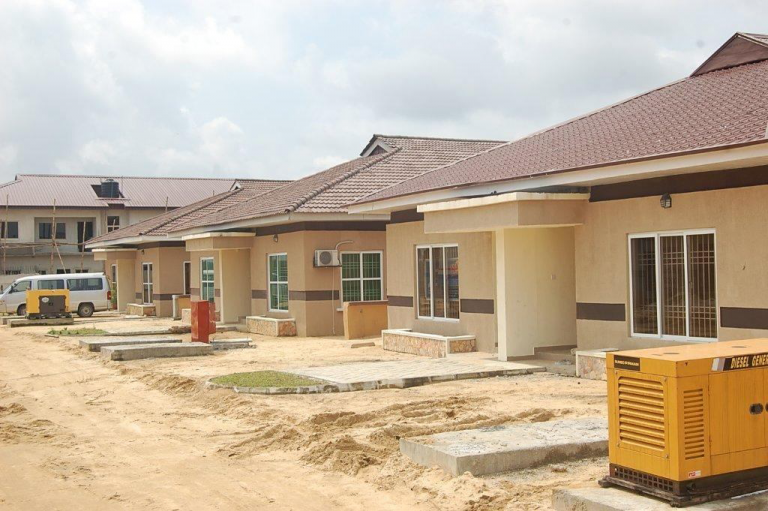Rising Rents in Nigerian Cities Threaten Middle-Class Stability, Meristem Report Warns


In Nigeria’s major urban centers, a quiet but growing crisis is unfolding. A recent report by Meristem Real Estate reveals that rental prices are climbing at a pace that far outstrips salary growth, placing immense pressure on middle-income earners and threatening to destabilize the country’s fragile housing ecosystem.
The report, titled “Rising Rental Rates Vs Salary Growth”, highlights a troubling trend: while rents in cities like Lagos and Abuja have surged over the past year, wages have remained largely stagnant. This imbalance is forcing many working Nigerians to make difficult choices, such as relocating to less desirable neighborhoods, downsizing their living arrangements, or sacrificing other essential expenses to meet rent obligations.
According to Meristem, the average rent for a two-bedroom apartment in Lagos has increased by more than 25 percent in the past 12 months. Meanwhile, salary increments for most professionals have hovered between 5 and 10 percent, if they occurred at all. The result is a widening affordability gap that is pushing decent housing further out of reach for many.
Register for Tekedia Mini-MBA edition 18 (Sep 15 – Dec 6, 2025) today for early bird discounts. Do annual for access to Blucera.com.
Tekedia AI in Business Masterclass opens registrations.
Join Tekedia Capital Syndicate and co-invest in great global startups.
Register for Tekedia AI Lab: From Technical Design to Deployment.
Several factors are driving this surge in rental costs. Inflation has raised the price of building materials, including cement and steel, making property development more expensive. Developers and landlords are passing these costs on to tenants. Additionally, the depreciation of the naira has made dollar-linked rents in prime areas even more burdensome. Urban migration continues to swell demand for housing, while supply remains limited, especially in well-serviced neighborhoods.
The report also notes that the cost of land acquisition and regulatory bottlenecks contribute to the slow pace of new housing development. In many cases, developers face delays in obtaining permits and approvals, which further increases project costs and discourages investment in affordable housing.
For middle-income earners, the consequences are immediate and severe. Many are now spending more than 40 percent of their monthly income on rent, well above the recommended threshold of 30 percent. This leaves little room for savings, investments, or discretionary spending, and increases financial vulnerability. Some families are opting to move to satellite towns, where rents are lower but infrastructure is poor and commuting times are long.

Meristem’s report calls for urgent policy interventions to address the housing crisis. It recommends that government agencies prioritize affordable housing development through public-private partnerships. Incentives such as tax breaks and subsidized land could encourage developers to build more low- and middle-income housing units. The report also advocates for reforms in mortgage financing, including the introduction of single-digit interest rates and flexible repayment structures.
One promising initiative mentioned is the Meristem Real Estate Investment Fund (MREIF), which aims to provide accessible financing options for aspiring homeowners. By offering structured products and advisory services, Meristem hopes to help Nigerians transition from renters to property owners, thereby building long-term wealth and financial security.
The report emphasizes that housing is not just a commodity but a cornerstone of social stability. Without adequate shelter, individuals and families face increased stress, reduced productivity, and diminished quality of life. If current trends continue, the housing crisis could exacerbate inequality and hinder economic growth.

Despite the challenges, there are signs of hope. Private developers are beginning to explore new models of housing delivery, including rent-to-own schemes and cooperative housing. Some state governments have launched affordable housing projects, though their scale remains limited. Technology is also playing a role, with digital platforms helping to streamline property searches and transactions.
Meristem concludes that a coordinated effort involving government, private sector, and civil society is essential to address the housing shortfall. The firm remains committed to supporting clients through investment guidance and real estate solutions tailored to Nigeria’s evolving market.





